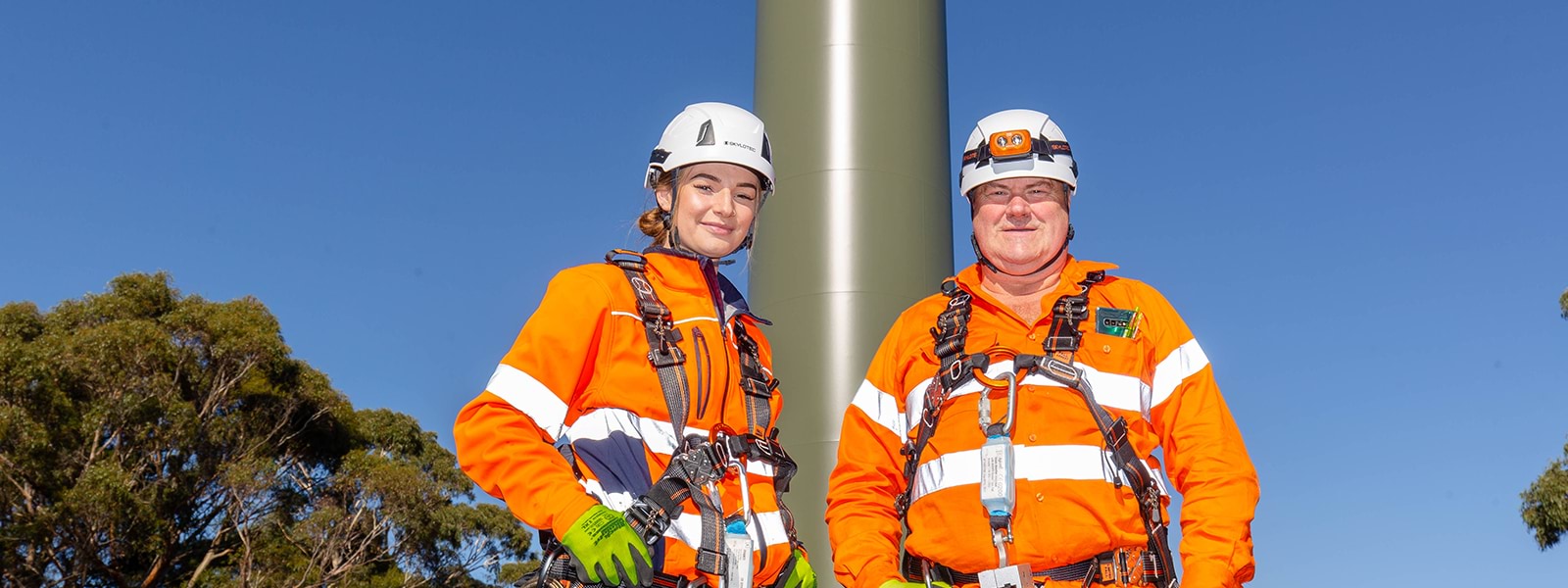New skills priorities are emerging in Victoria
The Victorian economy is rebounding strongly from the pandemic. Our skills system must act now to provide the skills to fuel Victoria’s economic recovery. Investments in infrastructure and health and community services workforces signal the challenge we face– the need for more skilled workers with higher levels of expertise who rely upon a healthy and dynamic post-secondary education system in Victoria.
The pandemic has created an imperative to increase labour market participation to meet a shortage of workers and accelerated the trend for digital skills across industries and within occupations. This points to the need to bring more people from under-represented groups into vocational education and for new forms of learning for a digital world, so students acquire the skills critical to success in work.
Building on the Government’s position of TAFEs as anchor vocational institutions, a refreshed view of skills and vocational educational will widen the pool of skilled workers, deliver key projects as planned, and help business flourish. In conjunction with the network of quality private and community-based training organisations operating under Victoria’s Skills First arrangements and increased collaboration across community and higher education providers we aim to ensure communities have access to education and training and local businesses can grow their workforces and thrive.
A vibrant labour market characterised by deep but transferable skills among workers and new entrants is the best support for adapting industries, growing businesses and offering career trajectories and opportunities for wages growth for Victorians. Higher order skills are the foundations of Victoria’s future economy.
This first Victorian Skills Plan is based on rich data and analysis and extensive stakeholder insights. The importance of these data and insights cannot be overstated: it can guide the skills investments of government, industry, training providers, schools, universities, communities and individuals.
Aligning the delivery of skills with the needs of the economy will ensure there is a pipeline of skilled workers available to meet future needs, including in those areas of Government priority around infrastructure and social recovery. The Skills Plan identifies actions and recommends what is required to build a robust skills base for Victoria.
Bringing it all together
Supporting Victoria’s priorities for its economy and people does not come from a single action. Achieving quality and relevance of training in such a dynamic environment will be delivered when all parties with a stake in the outcome are engaged in developing solutions. This means we need education and training providers, government and industry all invested to solve challenges and build a better Victoria.
Bringing new skills and capabilities to more learners powers businesses and ensures skills critical to success are retained in Victoria. Strengthening skills delivery to leverage the latest education and training approaches and empowering teachers to bring these new approaches to the classroom and workplace is a key feature of the Education State.
The Victorian Skills Authority Advisory Board will play a role in guiding the implementation of actions from this plan.
Working together, connecting locally and acting with integrity to set up new approaches is the key to success.
Craig Robertson
Chief Executive Officer
Victorian Skills Authority
Lisa Line
Chair
Victorian Skills Authority
Advisory Board
Updated
